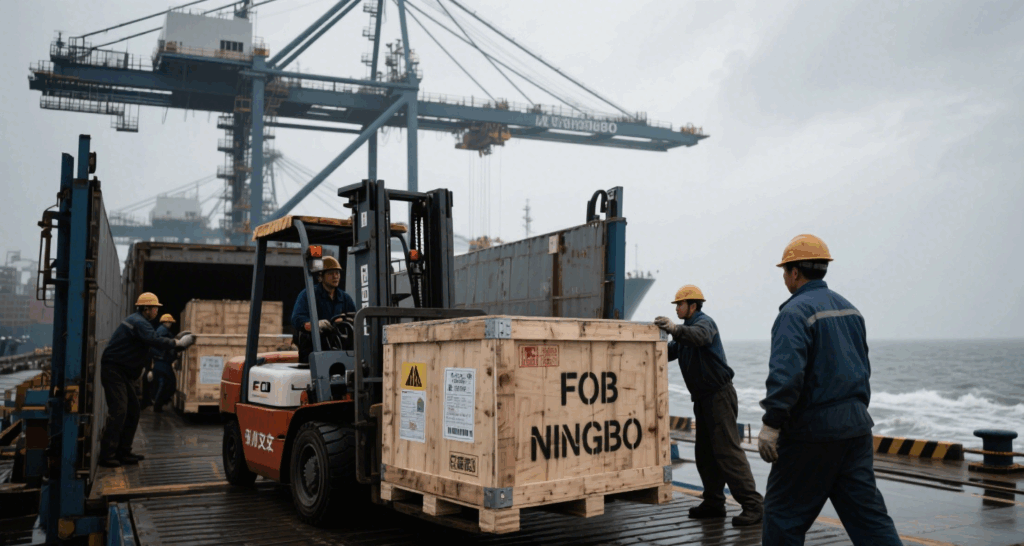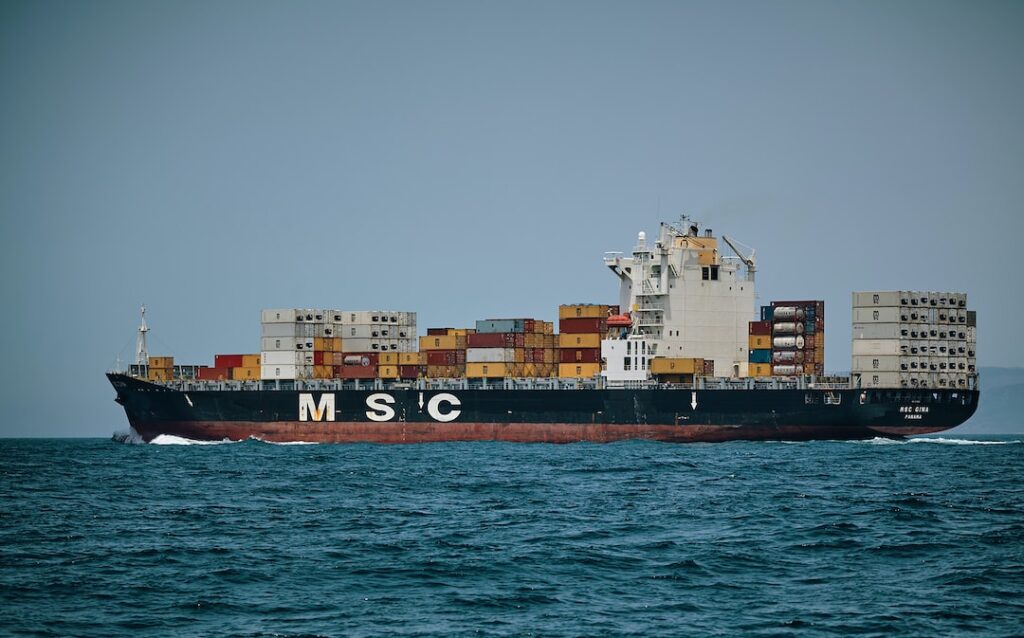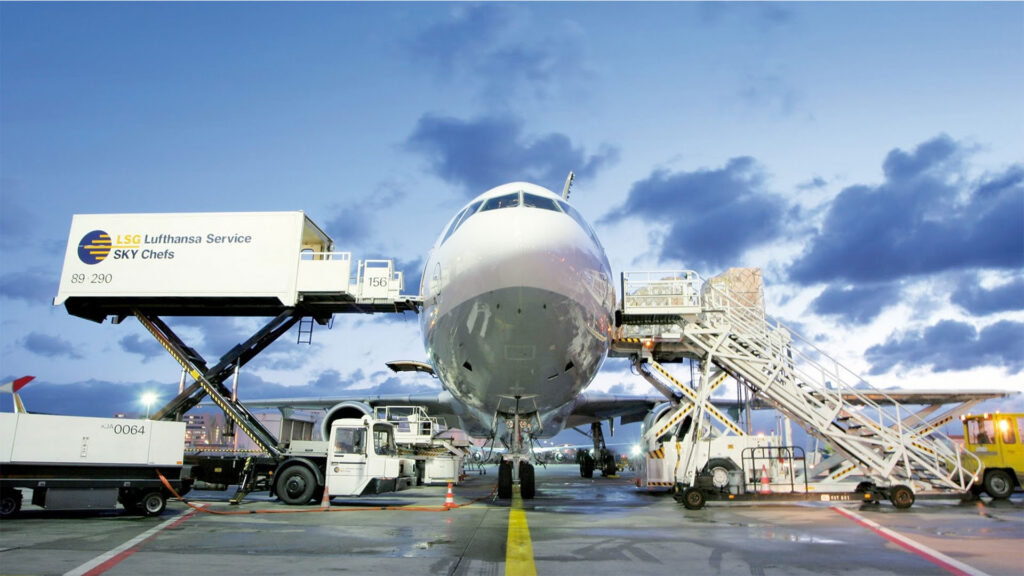Shipping a container overseas can be complex, and many importers ask: how much does it cost to ship a container from China to USA? The answer depends on factors like container size, route, carrier, and delivery terms. This guide breaks down typical rates, methods, transit times, required documents, and real shipping cases so you can plan confidently.
What Factors Affect Container Shipping Costs?
Several elements directly influence container freight rates:
- Container size: 20GP, 40GP, 40HQ.
- Origin and destination ports: Shenzhen, Shanghai, Ningbo vs. Los Angeles, New York, Houston.
- Shipping method: FCL (full container load) or LCL (less than container load).
- Seasonality: Peak months (August–October) bring higher demand.
- Fuel surcharges & tariffs: BAF, GRI, and customs duties.
Moreover, supply chain trends and global demand spikes can raise or lower prices unexpectedly.
How Much Does It Cost to Ship a Container from China to USA by Sea?
Sea freight is the most common method for containerized cargo. Average FCL costs (2025 estimates):
| Route (China → USA) | 20GP (USD) | 40GP (USD) | 40HQ (USD) | Transit Time |
|---|---|---|---|---|
| Shenzhen → Los Angeles | 2,800 | 3,600 | 3,700 | 18–22 days |
| Shanghai → New York | 3,400 | 4,600 | 4,700 | 28–35 days |
| Ningbo → Houston | 3,100 | 4,200 | 4,300 | 25–30 days |
As shown, West Coast ports are cheaper and faster, while East Coast shipments require longer transit.
How Do Air Freight Costs Compare?
Although not containerized, many businesses compare sea with air freight when urgency matters.
| Method | Avg. Cost per kg (USD) | Transit Time | Best For |
|---|---|---|---|
| Express Courier | 8 – 12 | 3–5 days | Small parcels |
| Air Freight Standard | 5 – 8 | 5–10 days | Medium cargo |
| Sea Freight (FCL) | 0.15 – 0.30 | 20–35 days | Large shipments |
Clearly, air freight is faster but significantly more expensive. Importers often balance budget and urgency by combining both methods.
What Documents Are Required for US Customs Clearance?
Shipping a container requires strict compliance with import rules. The following checklist simplifies preparation:
| Document | Purpose |
|---|---|
| Bill of Lading (B/L) | Proof of shipment |
| Commercial Invoice | Declares value of goods |
| Packing List | Detailed cargo description |
| ISF (10+2) Filing | Mandatory for US imports |
| Arrival Notice | Carrier notification |
| Customs Bond | Guarantee for duty payment |
| Fumigation Certificate (if needed) | For wooden packaging |
Missing documents often cause delays, extra storage costs, or penalties.
What Are the Pros and Cons of Different Shipping Methods?
| Method | Pros | Cons |
|---|---|---|
| FCL (Full Container) | Lower unit cost, secure, faster unloading | Higher upfront cost |
| LCL (Less Container) | Cost-sharing, flexible | Slower, risk of damage, extra handling |
| Air Freight | Fastest, reliable | Very expensive, limited volume |
| Rail (via Europe) | Alternative to sea | Longer routes, limited acceptance |
| Courier | Door-to-door, simple | Suitable only for small packages |
Real Case Studies: Container Shipping from China to USA
To illustrate actual expenses and timelines, here are three real-world examples of shipping containers from China to the USA:
Case 1: Shenzhen → Los Angeles (Electronics)
- Goods: 20GP container of LED lights (15 tons)
- Mode: FCL sea freight
- Cost: USD 2,900 (all-in)
- Transit time: 20 days
- Benefit: Reduced per-unit shipping cost by 30% compared to air freight.
Case 2: Ningbo → New York (Furniture)
- Goods: 40HQ container of wooden furniture
- Mode: FCL + trucking to inland warehouse
- Cost: USD 4,800 sea freight + USD 1,200 trucking
- Transit time: 33 days
- Benefit: Saved ~USD 6,000 compared to splitting into multiple LCL shipments.
How Can Importers Reduce Container Shipping Costs?
Importers can optimize expenses through several strategies:
- Book early: Avoid peak season surcharges.
- Choose the right Incoterms: FOB vs CIF impacts who controls freight.
- Consolidate shipments: Combine smaller orders into one FCL.
- Negotiate with freight forwarders: Multiple quotes secure better deals.
- Use West Coast ports: When feasible, LA/LB costs less than New York.
Additionally, working with an experienced freight forwarder helps avoid hidden charges.
Should You Use FOB, CIF, or DDP?
| Term | Responsibility | Risk for Buyer | Cost Impact |
|---|---|---|---|
| FOB (Free on Board) | Buyer arranges shipping from port of origin | Medium | Flexible |
| CIF (Cost, Insurance, Freight) | Seller arranges shipping to port of destination | Lower | Higher |
| DDP (Delivered Duty Paid) | Seller handles door-to-door delivery including duties | Very low | Highest |

For many US importers, FOB is preferred because it allows control over shipping schedules and costs.
How Do Seasonal Trends Affect Costs?
Shipping costs rise sharply during:
- Back-to-school season (July–August)
- Pre-holiday demand (Sept–Nov)
- Chinese New Year (Jan–Feb)
During these times, container rates can increase by 20–40%. Planning shipments before peak months can significantly reduce expenses.
What Are Typical Transit Times from China to USA?
| Origin | Destination | Transit Time (Sea) | Transit Time (Air) |
|---|---|---|---|
| Shanghai | Los Angeles | 18–20 days | 3–5 days |
| Ningbo | New York | 30–35 days | 5–7 days |
| Shenzhen | Houston | 25–28 days | 4–6 days |
Transit time depends on route, congestion, and carrier schedule.
How Can Freight Forwarders Add Value?
A reliable forwarder helps by:
- Managing customs clearance.
- Consolidating LCL shipments.
- Offering warehousing and inland trucking.
- Providing accurate freight cost estimates.
- Reducing delays through expert compliance.
Therefore, partnering with the right logistics provider ensures smoother supply chain operations.
Conclusion
In summary, the answer to how much does it cost to ship a container from China to USA depends on container type, port selection, and shipping method. Sea freight remains the most economical option, while air freight serves urgent shipments. Real case studies confirm that planning early, consolidating goods, and choosing the right Incoterms significantly reduce expenses.
Without a doubt, working with a trusted freight forwarder ensures smooth customs clearance and cost efficiency for every shipment.
- Consult TJ China Freight Forwarding for the lowest quote. They will provide you with reliable, cost-effective service.
FAQs
Q1.Can I track a container from China to USA in real time?
Importers can track containers using carrier portals or freight forwarder systems that provide live vessel location updates.
Q2.What is the cheapest month to ship from China to USA?
Rates are usually lowest in spring months like March or April when shipping demand decreases after peak season.
Q3.Do container shipping costs include customs duties?
Freight rates cover transport only; customs duties, taxes, and clearance fees must be paid separately by importers.
Q4.How long does LCL shipping take from China to USA?
Consolidated LCL shipments generally require 28–35 days depending on departure port, cargo size, and consolidation schedules.
Q5.Can I ship hazardous goods in containers to USA?
Hazardous cargo can be shipped with special packaging, certified documentation, and compliance with international transport regulations.



